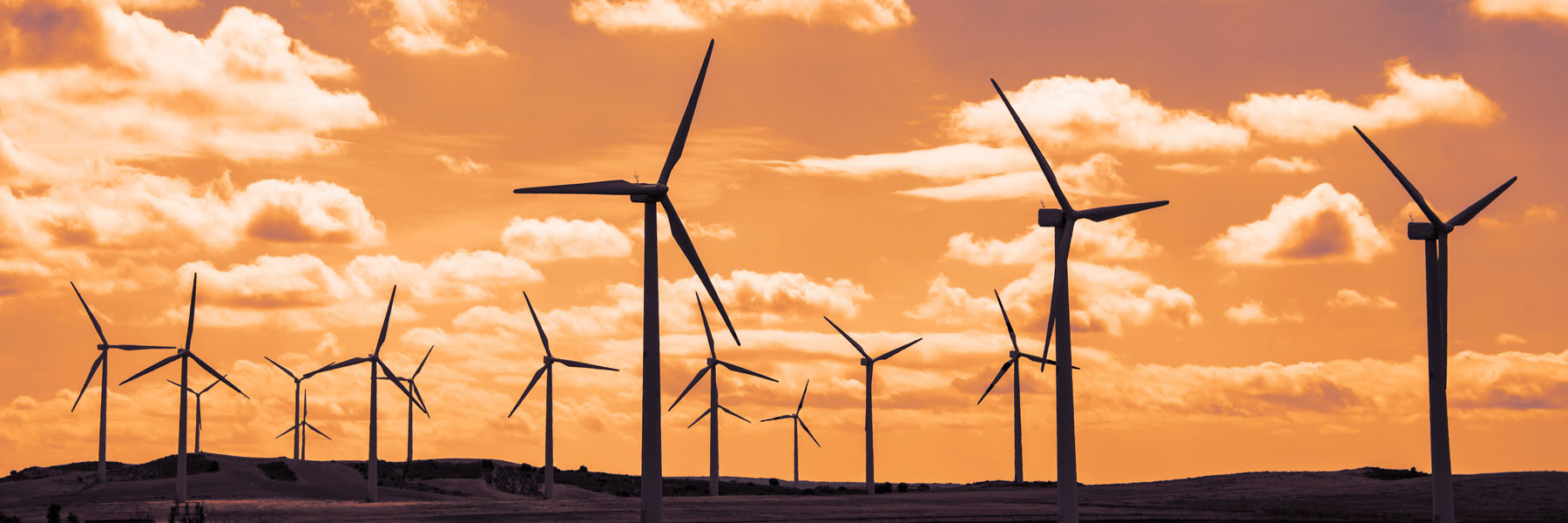WRA is at the table advocating for strong, enforceable, quantifiable, and equitable policies to meet the state’s climate goals.
We are assessing the state’s climate actions and future plans with an eye toward ensuring the science-based, economy-wide goals established in H.B. 19-1261 are achieved across Colorado.
Coloradans see the impacts of the climate crisis all around them — from wildfires that threaten communities and fill the air with deadly smoke to shorter winters that lead into fast-melting spring snowpack and more intense late summer drought. A cluster of counties on the West Slope is already home to one of the nation’s largest hot spots, a region that has warmed more than the critical threshold of 2° Celsius. And some of the worst impacts of warming temperatures and poor air quality are felt in low-income neighborhoods along the Front Range and San Luis Valley.
While Coloradans are already feeling the impacts of climate change, we can prevent further degradation if we move quickly to reduce greenhouse gas pollution. In addition to the health and wildfire threats, climate change jeopardizes Colorado’s economic prospects, with diminished snowpack and reduced river levels harming our outdoor recreation industry, and prolonged drought and heat making agriculture ever more challenging across the state.
The major sources of greenhouse gas pollution across Colorado are electric power generation, transportation, oil and gas production, and fossil-fuel use in buildings and industrial facilities. According to the state’s 2021 Greenhouse Gas Inventory, those sources accounted for more than 80% of total statewide greenhouse emissions from 2005 to 2019.
Exhibit 1-1 shows the percentage of GHG emissions by sector in 2019. The majority of emissions come from the electric power, transportation, and the RCI fuel use sectors, followed by natural gas and oil systems and agriculture. The remaining emissions are split between industrial processes, waste management, and coal mining and abandoned mines.

Transitioning The Power Sector In Colorado
Scientists say that to limit warming to no more than 2° Celsius and avoid the worst effects of climate change, we need to decrease greenhouse gas pollution from all sectors of the economy at least 50% by 2030, compared to 2005 levels. To achieve those economy-wide emission reductions, fossil-fuel emissions from electricity generation need to decrease at least 80% by 2030. Emissions from electricity generation are a leading source of climate pollution in Colorado and the rest of the nation.
Since 2004, when Colorado first adopted a renewable energy standard, the state has worked to increase clean energy and reduce emissions from the electric sector. And in 2010, Clean Air Clean Jobs legislation kicked off multi-year plans to retire aging coal units. These important efforts targeted emissions from the electric sector. In 2019, Colorado took crucial first steps to tackle climate pollution across the economy when state legislators enacted two important laws establishing science-based carbon emission reduction goals. These laws elevated Colorado among the states pressing for strong action on climate change.
Addressing climate change and meeting the state’s science-based goals requires transformational change across all sectors of the economy. While this transition will be challenging, it will also bring immense benefits: improving air quality, advancing equity, protecting public health, and spurring innovation and job creation. The challenge now is to ensure the state takes prompt and ambitious action. Western Resource Advocates is working to ensure quantifiable, enforceable, and equitable emissions reductions in the utility, transportation, buildings, industrial, and oil and gas sectors.

Decades Of Success Working On Clean Energy In Colorado
For more than 30 years, Western Resource Advocates has been a key stakeholder driving Colorado’s transition toward clean energy and action on climate change. Some highlights:
2002
Tri-state Plans To Achieve At Least An 80% Reduction In Greenhouse Gas Emissions By 2030
Tri-State plans to achieve at least an 80% reduction in greenhouse gas emissions by 2030. WRA and other stakeholders signed an agreement with Tri-State for a Colorado Electric Resource plan committing to reduce greenhouse gas emissions associated with Tri-State’s Colorado customers at least 26% by 2025, 36% by 2026, and 46% by 2027, compared with 2005 levels. Tri-State plans to achieve at least an 80% reduction in greenhouse gas emissions by 2030 and take important steps to ensure the emission reductions it is claiming are not double counted.
2021
Many Milestones
Xcel announced a Clean Energy Plan pledging to achieve an 85% reduction in carbon emissions by 2030 and generate 80% of its electricity from clean resources like wind and solar. The Colorado PUC also approved Xcel’s $110 million transportation electrification plan to build out electric vehicle infrastructure.
The Colorado Legislature passed five critical bills addressing climate and equity:
House Bill 1266 establishes new obligations to address environmental justice and sets specific greenhouse gas pollution reduction requirements for electric utilities, the oil and gas sector, and the industrial sector.
In addition, four new laws address emissions from residential and commercial buildings:
- SB 246 directs regulated electric utilities to create incentives for households and businesses to upgrade to efficient electric appliances, heat pumps, and heat pump water heaters;
- HB 1286 requires owners of large commercial buildings to track and report their energy use over time and comply with performance standards that will require inefficient buildings to cut energy waste and reduce pollution;
- SB 264 directs gas utilities to create clean heat plans to reduce the greenhouse gas emissions associated with homes and businesses; and
- HB 1238 directs the PUC to establish energy savings targets for gas utility demand-side management programs and updates the methodology used to calculate the costs and benefits to expand energy efficiency programs and help more customers cut energy waste.
2020
Tri-state Commits To 50% Renewable Energy Generation By 2024
After strong advocacy by WRA, Tri-State Generation and Transmission Association announced plans to achieve 50% renewable energy generation by 2024 by adding more than 1,000 megawatts of renewable wind and solar resources to its energy generation and retiring two coal plants in Colorado and New Mexico.
2019
Colorado’s Climate Action Plan Legislation
Helped secure passage of House Bill 1261, requiring the state to reduce its economy-wide greenhouse gas emissions by 50% below 2005 levels by 2030 and 90% by 2050.
Other legislative wins in this historic session included:
- requiring the Public Utilities Commission to consider the social cost of carbon in decision making;
- establishing a distribution system planning process;
- securing PUC oversight over Tri-State’s resource planning activities;
- directing electric utilities to create transportation electrification plans; and
- ensuring Xcel Energy will reduce greenhouse gas pollution from electricity generation at least 80% by 2030.
WRA also worked with allies to support Colorado’s adoption of a Zero-Emission Vehicle Standard, to improve air quality and combat climate change.
2018
Xcel Pledges Zero-carbon Electricity By 2050
After strong advocacy by WRA, Xcel Energy pledged to deliver zero-carbon electricity by 2050. Colorado also approved a plan by Xcel Energy to retire two coal-fired power plants and replace them with wind, solar, and battery storage.
2017
Retired 725 Megawatts Of Coal-fired Generation
Successfully negotiated a settlement agreement with Xcel Energy that led to the retirement of 725 megawatts of coal-fired generation in Colorado, reducing carbon dioxide emissions by approximately 4 million tons per year.
2013
Doubling Tristate’s Renewable Energy Requirement
Supported passage of a bill doubling the renewable energy requirement for Tri-State cooperative electric utilities to 20% by 2020. The utility was able to secure contracts for new renewable resources at a cost savings to satisfy that requirement just two years later.
2010
Colorado’s Clean Air-clean Jobs Act
Supported passage and implementation of Colorado’s Clean Air-Clean Jobs Act, which led to the retirement of over 900 megawatts of coal-fired generation in the state.
2007
Doubled Energy From Renewables
Helped secure legislation doubling the amount of energy provided from renewable sources, including rural electric cooperatives for the first time.
2004
Amendment 37
Drafted Amendment 37 for Colorado; its passage on the ballot established the first state Renewable Energy Standard.

